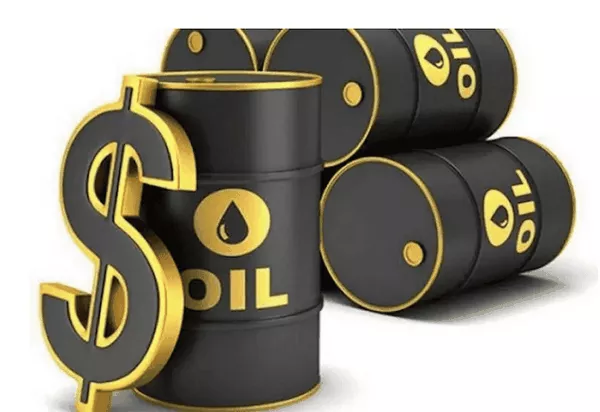In today’s dynamic global economy, oil futures play a crucial role in the energy market and financial sector. As a key component in international trade and investment, oil futures have garnered significant attention from traders, investors, and analysts alike.
What are Oil Futures?
1. Definition of Oil Futures
Oil futures refer to standardized contracts that allow buyers and sellers to trade the delivery of a specified quantity of crude oil at a predetermined price on a future date. These contracts are typically traded on established commodity exchanges, providing participants with a regulated platform for engaging in oil-related transactions.
2. How Oil Futures Work
Oil futures operate on the principle of speculation and hedging. Buyers and sellers enter into contracts based on their anticipation of future oil prices. For instance, a crude oil producer might want to secure a price for their product to protect against potential price declines. On the other hand, a refinery seeking a stable supply of oil might purchase futures contracts to lock in favorable prices.
Benefits of Oil Futures
1. Price Risk Management
One of the primary advantages of oil futures is their ability to mitigate price risk. By entering into contracts at fixed prices, market participants can safeguard themselves from adverse fluctuations in the oil market. This stability is especially beneficial for oil-dependent industries and investors seeking to avoid sudden price shocks.
2. Portfolio Diversification
Investors often use oil futures as a means of diversifying their portfolios. As oil prices are influenced by a wide range of geopolitical and economic factors, adding oil futures to a portfolio can provide a hedge against risks associated with other asset classes.
3. Leverage and Liquidity
The oil futures market offers considerable leverage, enabling traders to control large positions with a relatively small initial investment. Additionally, the oil futures market is highly liquid, allowing for ease of entry and exit, even for large transactions.
Risks Involved in Oil Futures Trading
1. Price Volatility
While oil futures can be a valuable risk management tool, they are not without risks of their own. The oil market is known for its price volatility, which can lead to substantial gains or losses for traders and investors.
2. Counterparty Risk
Engaging in futures trading involves counterparty risk, which refers to the possibility that the other party in the contract may default on their obligations. While exchanges implement margin requirements and other safeguards, the risk cannot be entirely eliminated.
3. Geopolitical Factors
Geopolitical events, such as conflicts in oil-producing regions or changes in government policies, can significantly impact oil prices and, consequently, oil futures contracts. Traders and investors must stay informed about global developments to make informed decisions.
Current Market Trends in Oil Futures
1. Impact of Renewable Energy
The growing emphasis on renewable energy sources and the global push towards sustainability have affected the oil futures market. As countries and industries transition towards cleaner energy alternatives, the demand for oil may experience shifts, leading to potential changes in futures prices.
2. Technological Advancements
Technological advancements in drilling, exploration, and production have influenced the supply side of the oil market. Improved extraction techniques and increased efficiency have the potential to alter supply dynamics, impacting oil futures pricing.
3. Geopolitical Developments
Political and economic events in major oil-producing regions can significantly influence oil prices and subsequently affect oil futures. Developments in regions like the Middle East, North America, and Russia are closely monitored by traders and analysts.
Conclusion
In conclusion, oil futures hold a significant position in today’s energy market, serving as a critical tool for price risk management and portfolio diversification. While offering numerous benefits, oil futures trading involves inherent risks that traders and investors must consider. As the energy landscape continues to evolve, staying informed about current market trends is paramount for anyone engaged in oil futures trading. By understanding the complexities and opportunities presented by oil futures, individuals and businesses can make well-informed decisions in this ever-changing market.


